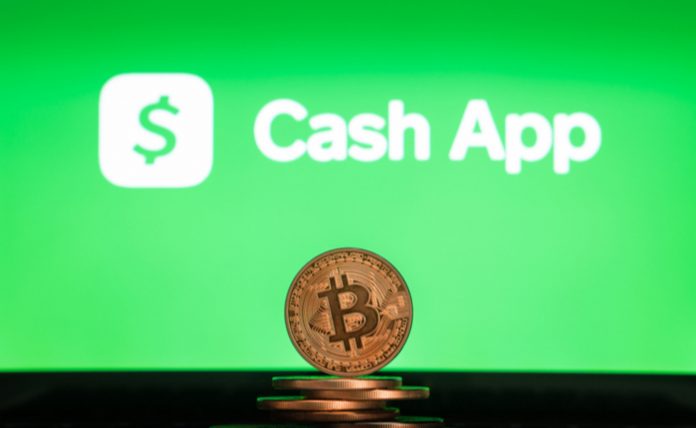CashApp has become an increasingly popular way to pay. In 2020 there are more than 30 million active users that use the service. And as it’s user base grows, the Better Business Bureau (BBB) points out that CashApp has become more vulnerable to digital scammers.
During the COVID-19 pandemic, there has been more reliance on digital transactions and CashApp has benefitted. Digital wallets are software-based systems where users of e-wallets can more easily complete purchases with near-field technology. Electronic transactions are the ultimate in “social distancing” and your money is as close as your phone.
CashApp started in 2013 like Square Cas, h a one-step, peer-to-peer payment tool. More features were added in 2015 and 2016. With the addition of revenue generation, stock and Bitcoin trading, cash card, etc…CashApp became a target for con artists who are constantly trying to find a “way into” the very popular app.
Five common CashApp scams
There are many ways that scammers can attack CashApp users. These are the five that have the most complaints.
-
Fraudulent Customer/Cash Support
Customer service or tech support is more and more common. It starts when someone needs help with their CashApp and they search online for a direct customer service phone number. These numbers are often not associated with the company.






